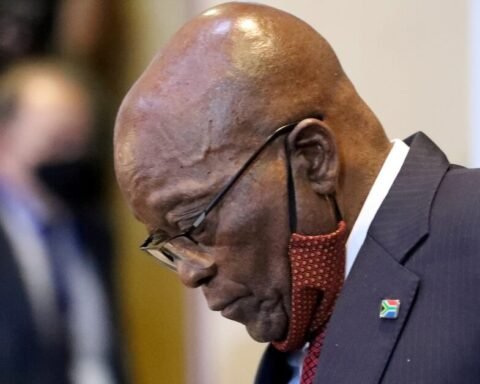Prime Minister Kassim Majaliwa has applauded ongoing prison reforms in Tanzania, describing them as a turning point in the country’s approach to correctional services.
He commended the decision to formalise vocational training for inmates, a step that is already helping many former prisoners secure jobs or start businesses after their release.
Speaking in Dar es Salaam during the 64th anniversary celebrations of the Tanzania Prisons Service, Majaliwa said the initiative reflects a shift from viewing prisons solely as places of punishment to recognising them as centres for rehabilitation and skill-building.
The vocational training programme, introduced under the Vocational Education and Training Authority (VETA), has so far benefited more than 5,000 inmates. Graduates have left prison with practical expertise in areas such as carpentry, tailoring, welding, mechanics and modern agriculture—skills that have enabled many to secure employment or launch small-scale enterprises.
“This programme is giving inmates the tools they need to rejoin society as productive citizens,” Majaliwa said. “It is not just about reforming individuals, but also about strengthening families and communities.”
The initiative is supported by newly designed training curricula developed in partnership with educational institutions, including universities and the Institute of Social Work. Authorities have also created a rehabilitation framework that guides inmates from entry to release, emphasising discipline, ethical responsibility, and social reintegration.
Prison officials argue that this holistic approach not only addresses unemployment among former inmates but also reduces the likelihood of repeat offenses. By ensuring that prisoners leave with employable skills, the government is tackling broader issues of poverty and crime at their roots.
Also Read; Russia Partners With Niger On Historic Nuclear Project
Observers note that the Tanzanian model mirrors successful international practices. In countries such as Norway, where rehabilitation is prioritised, recidivism rates remain among the lowest in the world. Similarly, Germany’s structured prison education programmes have been cited as examples of how correctional systems can contribute directly to social stability.
Majaliwa stressed that the government will continue to strengthen prison training despite limited external funding. He framed the reforms as a long-term investment in human capital and a demonstration of Tanzania’s commitment to sustainable development.
Looking ahead, plans are underway to expand vocational programmes to more correctional facilities, particularly in rural areas where opportunities are limited. Authorities hope this will give every inmate, regardless of location, the chance to acquire new skills and rebuild their lives.
“This is about dignity, opportunity and transformation,” Majaliwa concluded. “Every citizen deserves a second chance, and through these reforms we are making that possible.”







